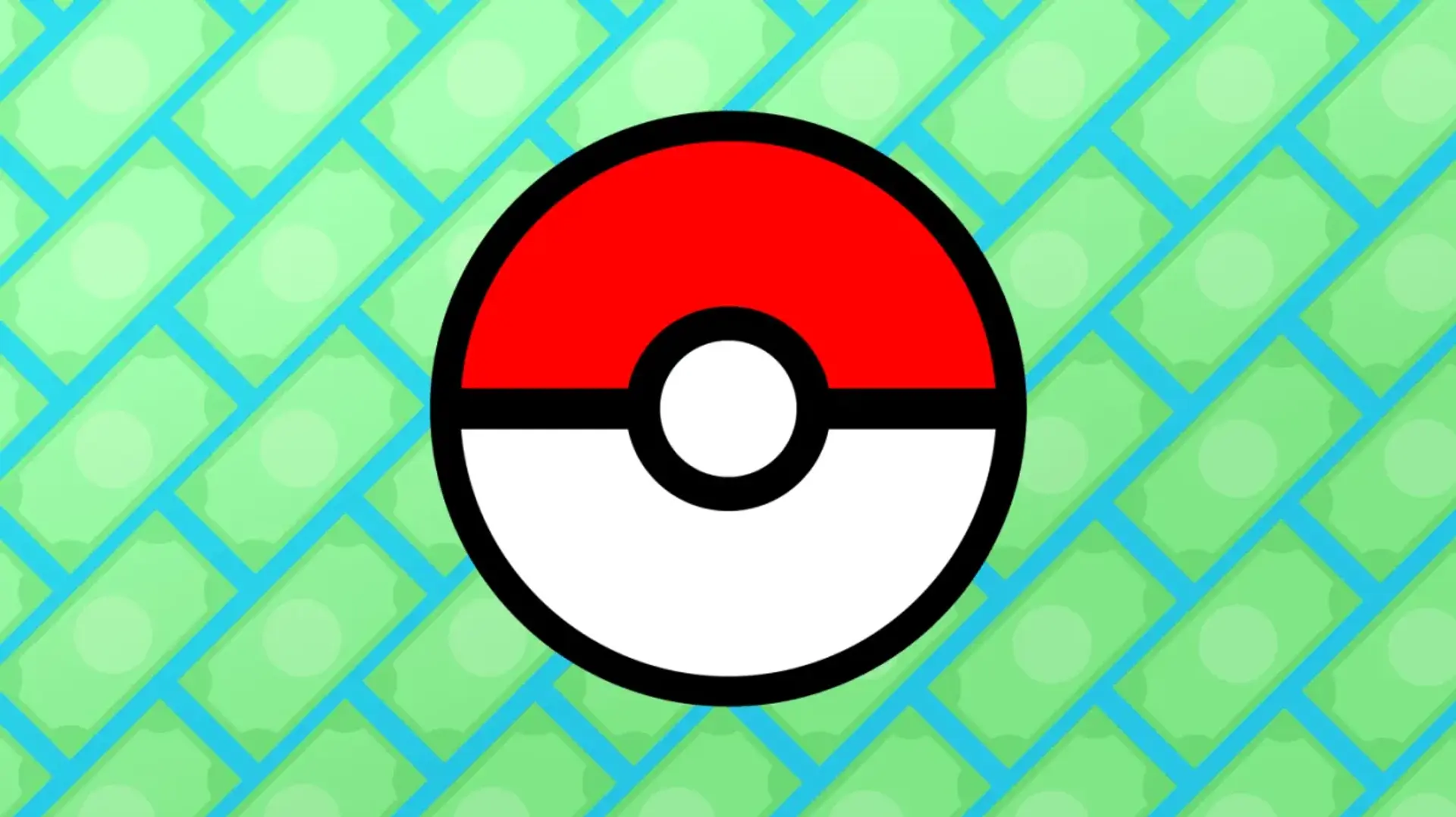The world of AI benchmarking has found itself embroiled in a rather unexpected arena: Pokémon. A recent post on X (formerly Twitter) ignited a debate after it alleged that Google's Gemini model had outperformed others in identifying Pokémon characters from blurry images. This claim quickly gained traction, highlighting the increasing scrutiny and, at times, absurdity surrounding AI benchmarks.
The original poster showcased Gemini's supposed prowess in recognising Pokémon from heavily pixelated images, suggesting a superior ability compared to other AI models. However, this assertion was met with scepticism. Critics pointed out that such a test is hardly a rigorous or representative benchmark of overall AI capabilities. Identifying Pokémon, even from degraded images, relies heavily on pattern recognition and familiarity with the franchise's vast character library, rather than advanced reasoning or problem-solving skills.
The controversy underscores a broader issue within the AI community: the potential for benchmarks to be gamed or misinterpreted. While benchmarks can provide a useful snapshot of a model's performance on specific tasks, they often fail to capture the nuances of real-world applications. Furthermore, the focus on achieving top scores on narrow benchmarks can incentivise developers to optimise their models for those specific tests, potentially at the expense of more general capabilities and robustness. As AI continues to advance, the need for more comprehensive and meaningful evaluation methods becomes increasingly critical. The Pokémon debate serves as a lighthearted but poignant reminder of the limitations and potential pitfalls of relying solely on benchmarks to assess AI progress.
Related Articles
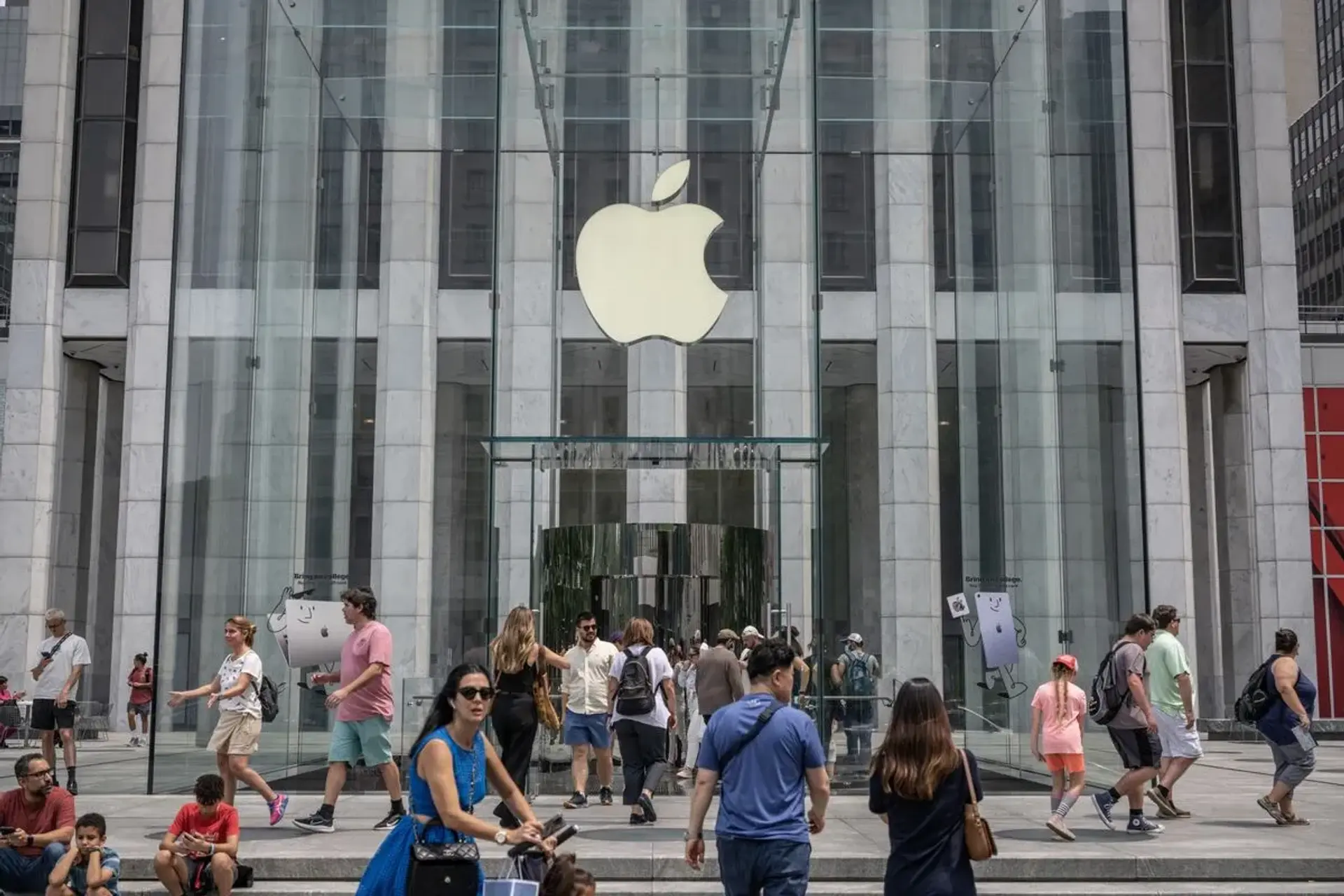
Apple Enhances AI with On-Device Analysis
Read more about Apple Enhances AI with On-Device Analysis →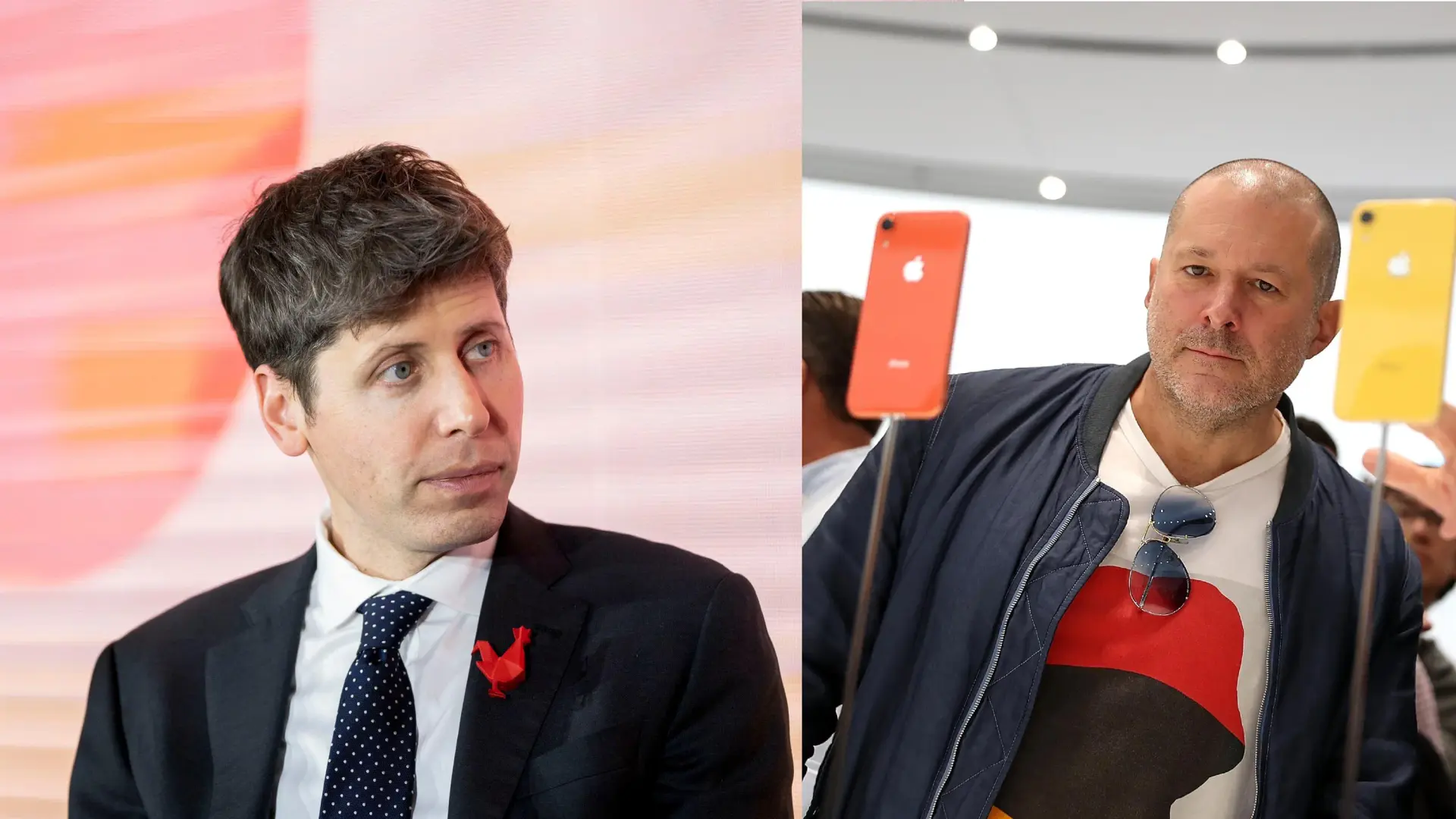
OpenAI Challenges Apple with AI Device
Read more about OpenAI Challenges Apple with AI Device →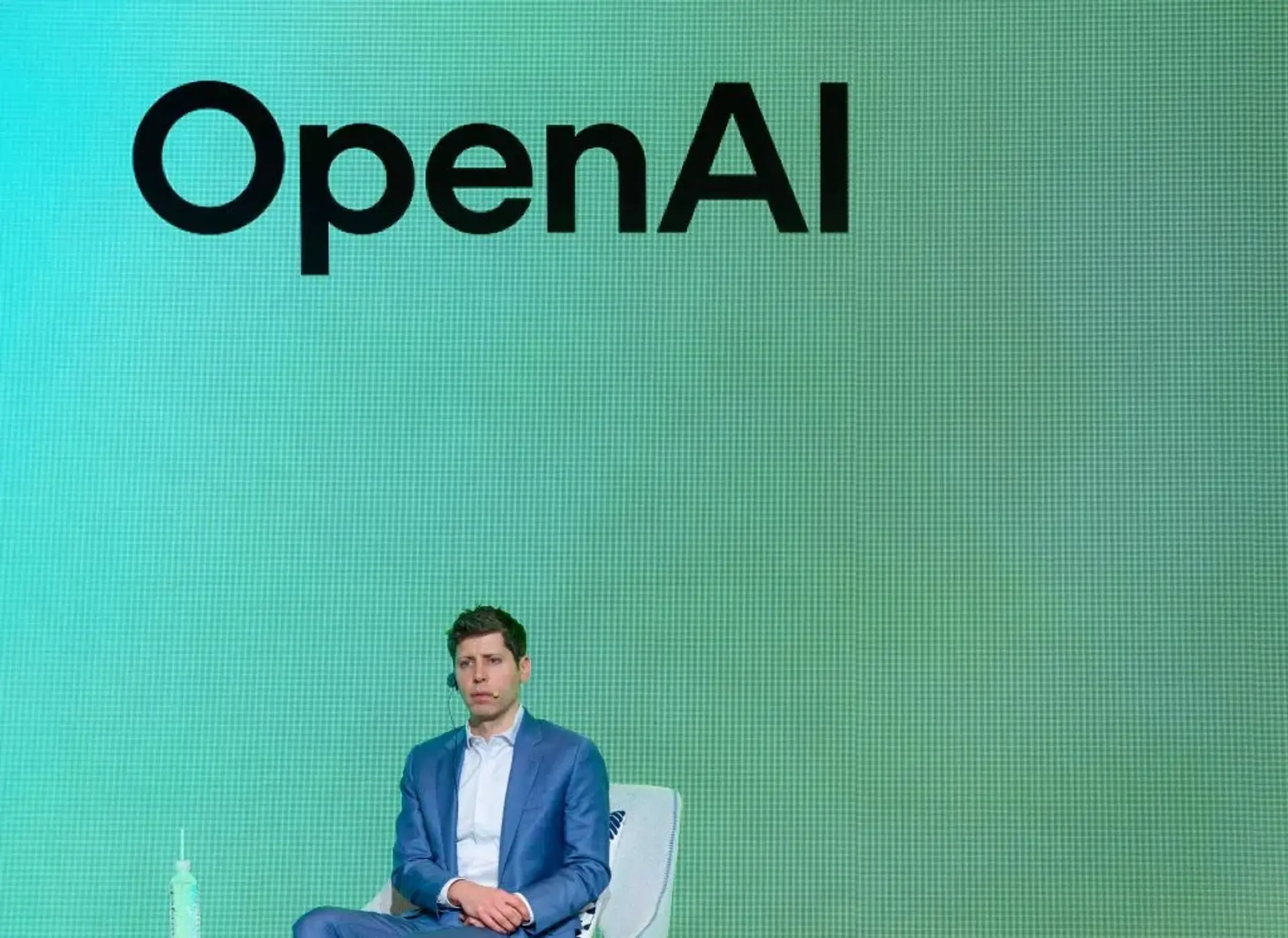
OpenAI sun sets GPT-4.5
Read more about OpenAI sun sets GPT-4.5 →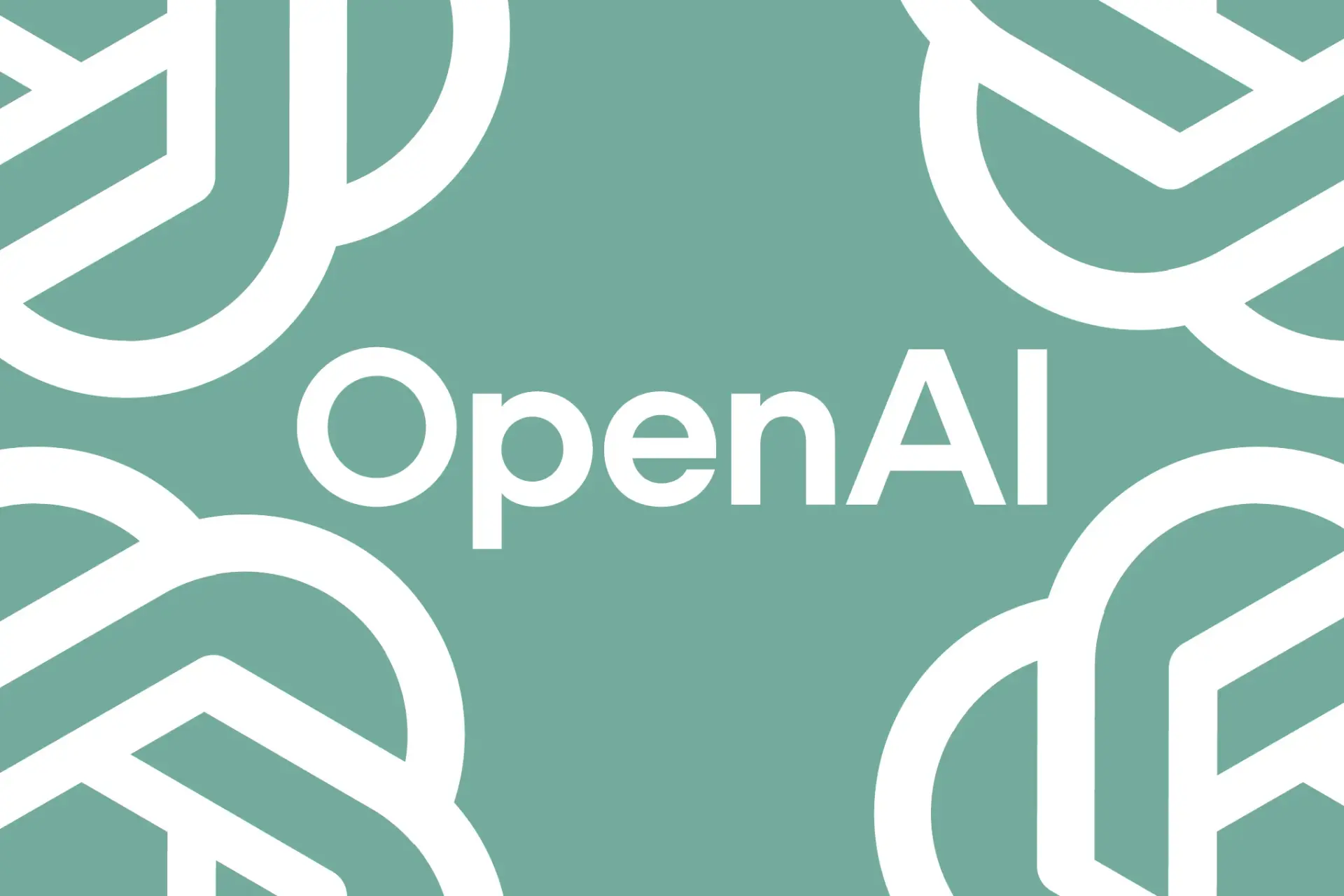
OpenAI Unveils GPT-4.1 Model
Read more about OpenAI Unveils GPT-4.1 Model →
